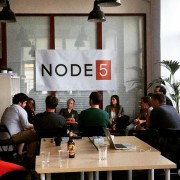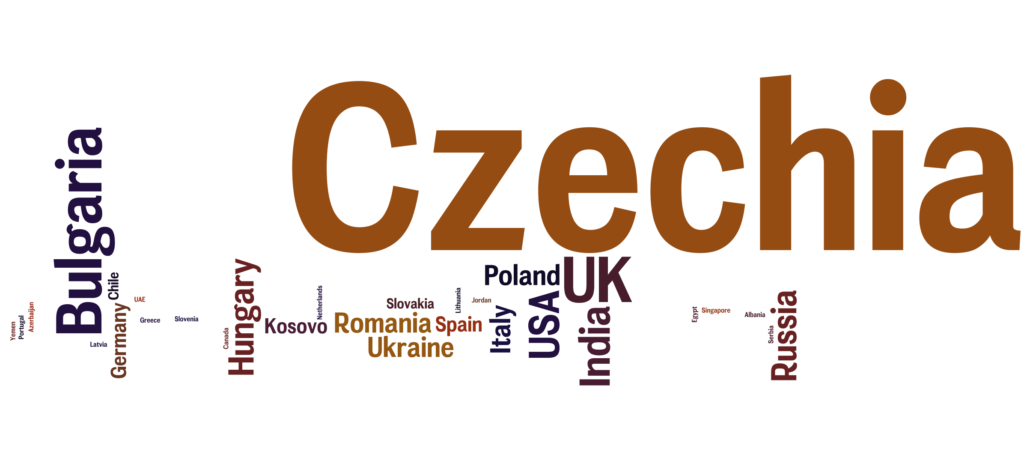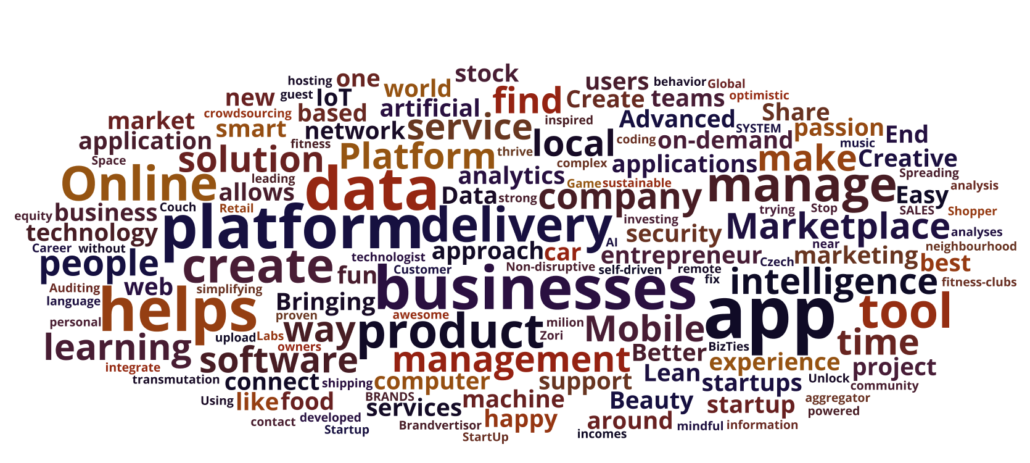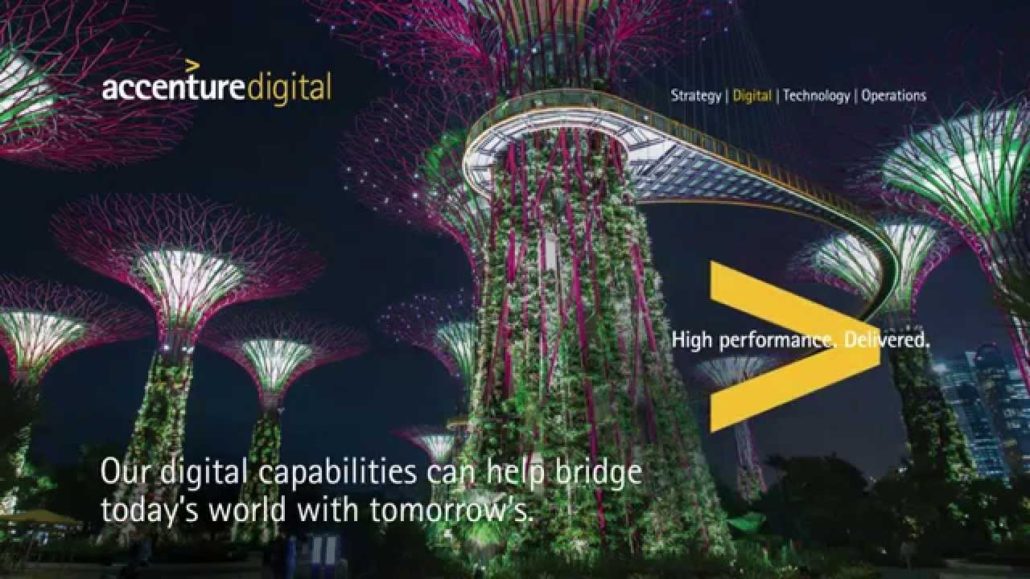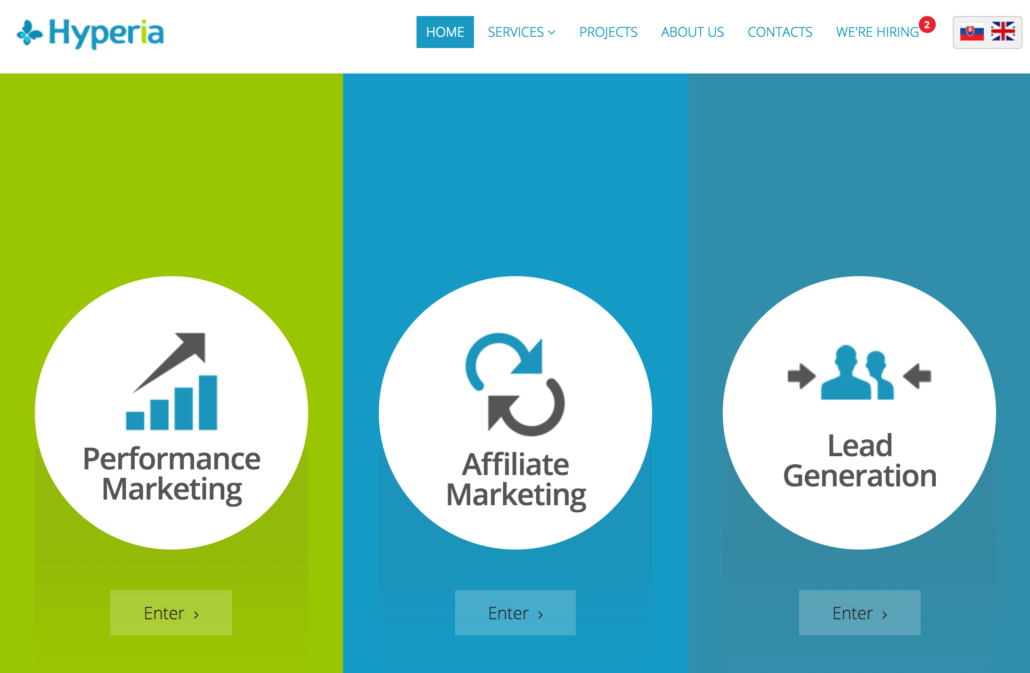The Startup Myth of “I Don’t Have Enough Time”
In advance of StartupYard Batch 7, we invited finalist 13 startups to join us for a full day of mentoring in Prague at our Startup Day. We do this every year, not only to evaluate and help decide which of the startups we will invite to the accelerator, but also to provide some value to startups that have taken the time and energy to apply, and to engage in the process with us.
What’s notable is that without exception, whether they are accepted to the program or not, when asked whether the day was valuable to them, startups tell us that it was of great value. Founders often go out of their way to let us know they’re grateful for the opportunity, no matter the outcome.
The Startup Myth: Not Having Enough Time
But every year, we invite one or two startups to the accelerator that don’t end up joining us. The number one reason? “We don’t have time for it.”
This reasoning is sometimes a little baffling. Yes, an accelerator takes time, but on the other hand, as we take care to stress, it is an accelerator. The program is about moving faster than a company would normally move on its own. This doesn’t just mean doing more work in a shorter amount of time. It also means doing more important work, and doing it at the right time.

When founders consider StartupYard, they sometimes start to see it as a kind of zero-sum proposition. If you spend 6 hours a day talking to mentors for a month, that’s 6 hours a day you can’t spend coding or selling. But let’s be real here- you aren’t going to code for those full six hours. You’re going to have your daily routine- the one you follow because nobody is telling you to do it differently. The one nobody challenges.
Being challenged on your everyday decisions by people who don’t know your company the way you do is sometimes frustrating, but it is also highly motivating. The time spent meeting with mentors is not wasted time. Just today, one of our founders told Cedric Maloux, StartupYard’s CEO, that every mentoring session so far had led to an actionable item for the team.
We have never had a startup come to us after the program, and say that the mentorship period was a waste. Even when they become frustrated at the constraints it puts on their schedule, in the end, they always see the value that it brings as being far beyond the time invested.
What happens instead, most commonly, is that startups simply work harder and better, accomplishing more meaningful progress in the limited time they have to actually build stuff, because they are responding to a constant flow of feedback and advice from people who bring them new ideas and new perspectives on what they’re doing, and what they aren’t doing.
Creative Destruction

The fact is that startups waste a ton of time on things they don’t need to be doing. It’s a fact of life, and it’s not a failing. Every engineer and creative knows that a huge amount of their work never sees the light of day. It’s not a mistake to waste time, because you need to make mistakes and do things that eventually won’t work out. Risks are necessary.
And yet, there are things that founders just never need to do, and never would do, if they had access to the right mentor at the right moment. We’ve seen countless examples. Startups operating without complete information just do things they don’t need to do, or that are doomed not to work at all. Mentors often know this, and know how to avoid these time wasters.
Is it a waste to talk to someone for an hour if he saves you 50 man hours of wasted effort? How many such meetings would justify one month of mentorship? Not that many, really.
A mentor driven accelerator is set up to save startups from wasting time in ways that truly don’t help them. The hours spent mentoring are usually spent stripping out many of the things that founders are wasting their time on, and prompting them to move faster in areas they are less comfortable with.
If you imagine your daily tasks piling up while you attend mentoring sessions, then consider also that the mentoring sessions are meant to savage those plans, and eliminate most of them anyway. Mentorship is not just about kicking around ideas- it’s about creative destruction.
Time Compression

The other aspect of acceleration that is frequently overlooked is that of time compression. Acceleration puts startups in a position of having access to processes that usually take weeks or months, and having them happen in days or hours.
A startup on their own may wait a month to get a single meeting with one of our busy mentors. A follow up may be weeks more. But while they’re with us, these meetings happen as soon as they can be practically arranged. Our mentors place our startups higher on their list of priorities, and when they connect startups with other advisors and contacts, that urgency shifts to those contacts as well.
We ensure this happens by only retaining mentors who consistently engage with startups, and keep our startups high on their own priority lists. Try and get a C level executive at a Telco, a Bank, or a major software company to not only respond to a request, but to do you a personal favor. We’ll wait.
The biggest time waster for early stage startups isn’t having meetings. It’s waiting for meetings. And with an accelerator, the waiting is not a major factor. Startups frequently tell us that they accomplish more in 3 months, as a business, than they expected to accomplish in 2 years on their own. That’s the power of acceleration- we save time, we don’t waste it.


